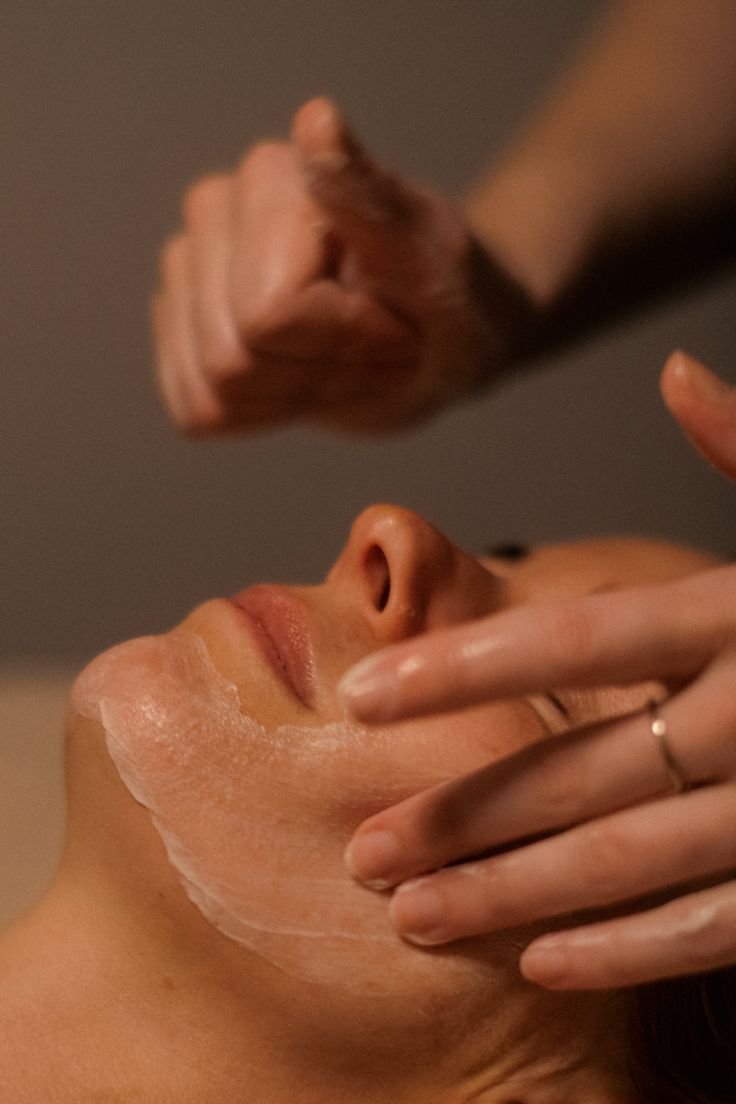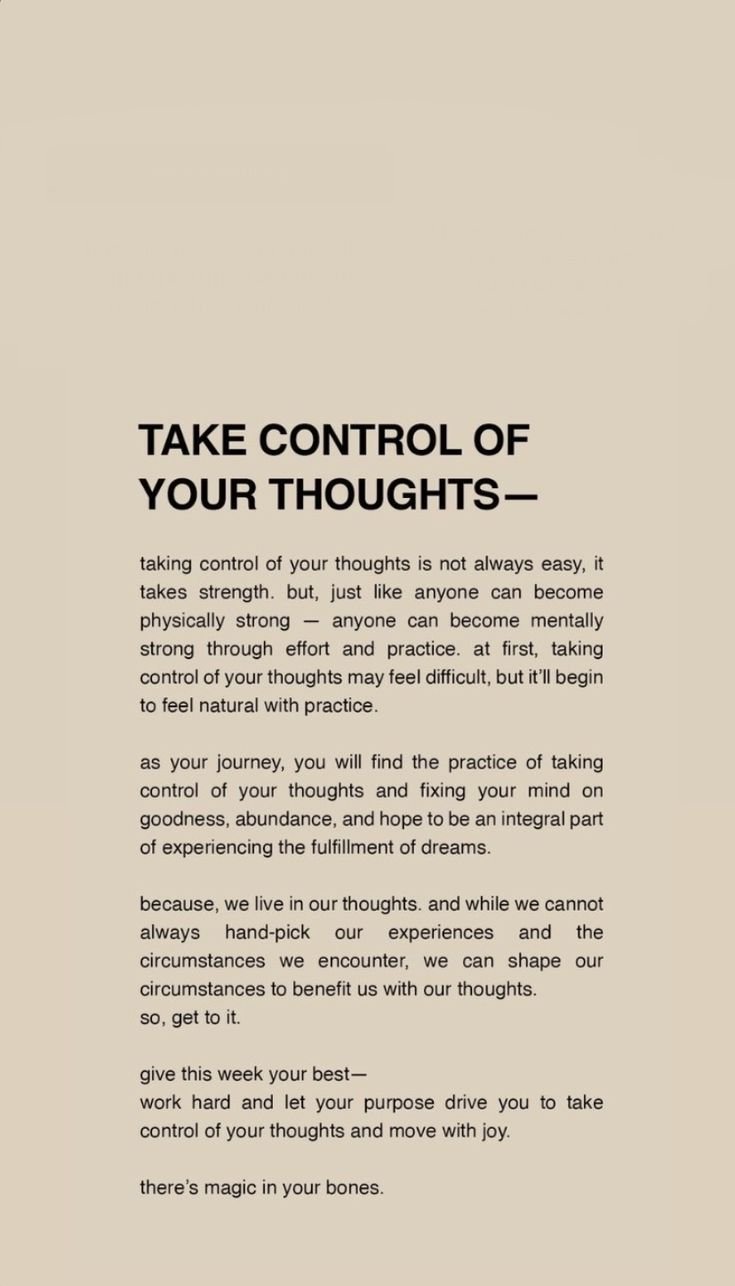Self-care is an essential thread in the fabric of overall well-being, weaving together practices that nourish the body, mind, and soul. In a world that often prioritizes productivity over personal health, dedicating time to self-care is not just beneficial; it's necessary for sustaining our well-being.
In this article, we will discuss self-care practices that support a balanced lifestyle, offering insights into how you can maintain your health and vitality through mindful routines and choices. As we explore these practices, remember that self-care is a personal journey, allowing each individual to discover what best supports their unique needs.
No. 1
Understanding Self-Care
Self-care encompasses a broad spectrum of activities and practices aimed at improving one's health, happiness, and well-being. It's about taking intentional actions to care for yourself holistically. This means listening to your body, respecting your emotional needs, and nurturing your mental health.
No. 2
Regular Physical Activity
Exercise not only strengthens the body but also elevates mood and alleviates stress. Whether it's a brisk walk in the park, a challenging session at the gym, or yoga practice, finding physical activities that you enjoy and look forward to is key to making exercise an integral part of your self-care routine.
Incorporating regular physical activity into your weekly routine will greatly enhance all areas of your life and will help you gain physical and, most importantly, mental strength.
No. 3
Hormonal Health
Hormonal health is a critical but often overlooked aspect of overall well-being, acting as the body's chemical messengers that influence a wide range of physiological processes. From regulating metabolism and sleep patterns to affecting mood and energy levels, hormones play a pivotal role in maintaining balance within the body.
As we age, fluctuations in hormone levels can pose health challenges, underscoring the importance of practices that support hormonal balance. These practices involve adopting a nutrient-rich diet, engaging in regular physical activity to boost hormone production, and managing stress, which significantly impacts hormonal equilibrium.
In certain cases, such as decreased testosterone levels in men, also known as andropause, specialized solutions like those offered by Huddle Men's Health can be beneficial. Likewise, women experiencing a decrease in estrogen will experience perimenopause. Estrogen is the primary hormone in women, just like testosterone is for men. So, a decrease in these hormones causes significant effects on the body and must be addressed.
No. 4
Prioritizing Mental Health
Emphasizing mental health is paramount for comprehensive self-care. It serves as a foundational aspect of well-being, influencing various facets of daily life. Implementing practices like mindfulness and meditation aids in cultivating resilience against stressors while promoting a positive mental outlook.
Additionally, recognizing the significance of seeking professional support when necessary ensures adequate management of conditions like anxiety and depression. By prioritizing mental health through these strategies, individuals can enhance their overall quality of life and effectively navigate the complexities of modern existence.
No. 5
Nutritional Well-Being
Nutrition plays a pivotal role in self-care, with the foods we consume directly impacting our physical health, energy levels, and even our mental clarity. Embracing a diet rich in fruits, vegetables, lean proteins, and whole grains supports the body's needs, fuels our activities, and contributes to our overall well-being. Remember, eating well isn't about strict limitations or your waistline, rather it is about making choices that enhance your overall health and quality of life.
No. 6
Personal Hygiene
Maintaining personal and household hygiene is a fundamental aspect of self-care that impacts our health and how we feel about ourselves. Regular grooming practices, such as showering, oral care, and skin care, not only keep us healthy by warding off infections but also boost our self-esteem and confidence.
Taking time for personal grooming can be a therapeutic process, offering moments of calm and self-reflection in our daily routines. Incorporating natural and soothing products into your hygiene routine can enhance this experience, turning simple acts like bathing or skincare into luxurious, restorative rituals.
No. 7
Quality Sleep
Sleep is the foundation upon which much of our health and well-being rests. Quality rest allows our bodies to repair, our minds to rest, and our emotions to balance. Establishing a consistent sleep routine, optimizing your sleep environment for comfort and tranquility, and prioritizing 7-9 hours of sleep nightly are essential steps in ensuring that your self-care practice includes ample rest.
No. 8
Social Connections
Human beings are inherently social creatures, and nurturing relationships is essential for our emotional and mental health. Investing time and energy into building and maintaining meaningful relationships provides a support network that can uplift us during challenging times. Whether it's sharing a meal with family, catching up with friends, or participating in community activities, these social connections enrich our lives, providing joy, support, and a sense of belonging.
No. 9
Time Management
Effective time management is a critical self-care practice that allows us to balance the various aspects of our lives without becoming overwhelmed. By prioritizing tasks, setting realistic goals, and allocating time for work, leisure, and self-care, we can reduce stress and increase productivity. Learning to say no and setting boundaries are also vital components of time management, ensuring we do not overextend ourselves and have time to recharge.
No. 10
Digital Detox
In today's connected world, taking regular breaks from digital devices can significantly benefit our mental health and relationships. A digital detox helps reduce stress, improve sleep, and encourage more meaningful connections with those around us.
Designating tech-free times during the day or engaging in offline activities like reading, nature walks, or hobbies can help us find a healthier balance between our online and offline lives. Establishing specific areas in your home as tech-free zones can further support this practice, creating spaces dedicated to relaxation and connection.
Encouraging friends and family to join in on your digital detox efforts can also make the process more enjoyable and mutually beneficial. Reflecting on your digital consumption habits can provide insights into how technology impacts your life, allowing you to make more mindful choices about its use.
Takeaways
As we've explored the multifaceted nature of self-care, it's clear that a comprehensive approach is key to nurturing our overall well-being. From maintaining personal hygiene and fostering social connections to managing your time effectively, disconnecting from the digital world, and committing to lifelong learning, each practice contributes to a richer, more balanced life.
Self-care is an ongoing journey, one that requires mindfulness, commitment, and self-compassion. By integrating these practices into our daily lives, we empower ourselves to face life's challenges with resilience and grace.
Remember, taking care of oneself isn't selfish but rather a necessary act of self-respect that enables us to be our best for ourselves and those around us. As we continue on this path, we discover that self-care is the foundation upon which our health, happiness, and well-being are built.




































































































